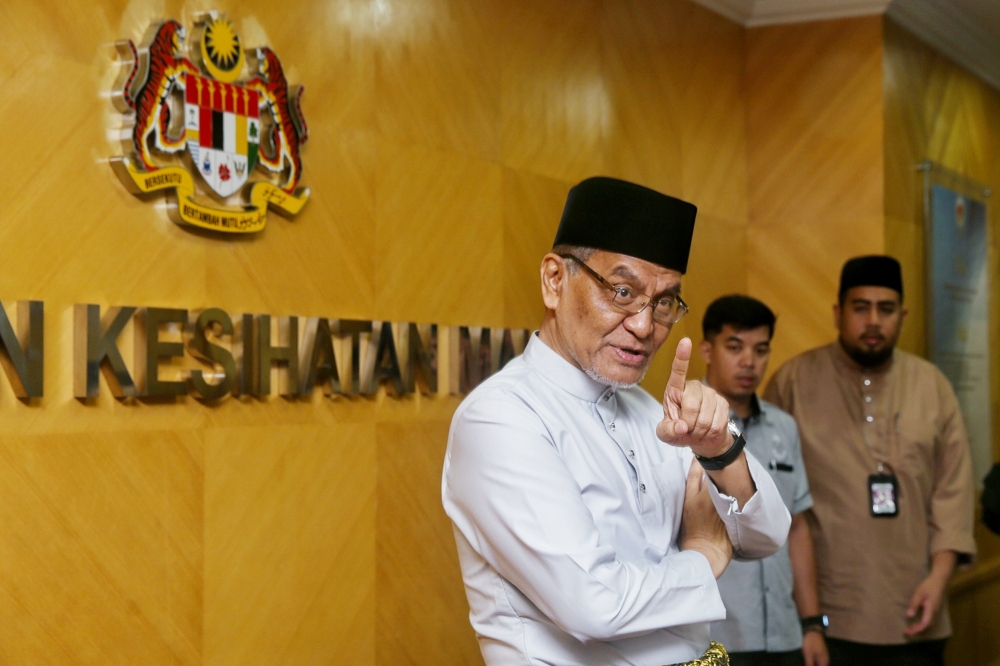KUALA LUMPUR, July 14 — Health advisory firm Rakan KKM is fully government-owned and not a step towards healthcare privatisation, says Health Minister Datuk Seri Dzulkefly Ahmad.
In a post on X, Dzulkefly said Rakan KKM Sdn Bhd is currently wholly-owned by the Minister of Finance Incorporated (MOF Inc).
He said that when government-linked investment companies (GLICs) come in later, the entity would remain under government control.
He further argued that his ministry would also retain control of Rakan KKM through its regulatory role.
“The Ministry of Health is the ‘kementerian kawal selia’ (overseeing ministry), responsible for critical decisions over the management of the company,” he said.
He added that the RM25 million seed funding came from the government via Budget 2024, and future financing would also come from GLICs.
All profits from Rakan KKM will be returned to MOF Inc or GLICs, reinforcing that the initiative’s ownership and returns remain within public institutions.
He said Rakan KKM’s purpose is to improve healthcare delivery while serving the public interest, asserting that it is licensed under the Private Healthcare Facilities and Services Act to “level the playing field with the private sector”.
Among its goals are to offer affordable value-based healthcare, support public sector staff retention, and generate revenue to cross-subsidise existing services.
Dzulkefly then said some misunderstandings may have stemmed from the initiative’s new structure, and that he would provide further information on the scheme later.
“I hope this clarification resolves the concern conclusively,” he wrote, while acknowledging ongoing public anxiety about healthcare reforms.
The Rakan KKM scheme is a government initiative to ostensibly enhance the public healthcare system by providing “premium economy” services at selected public hospitals.
Critics have alleged that this could open the door to the privatisation of Malaysia’s universal healthcare and create a two-tiered system that would favour patients able to pay for the “premium economy” fees.







